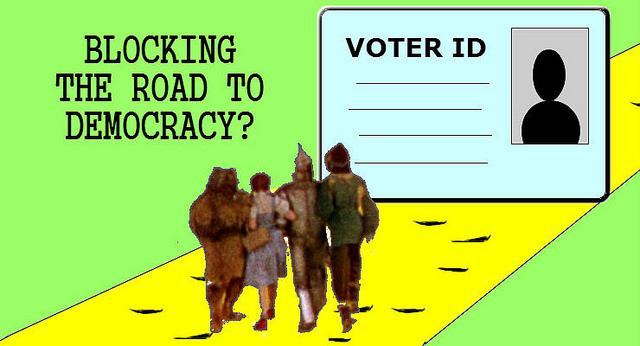Apple is being criticized by a British solider’s family for refusing to hack into an iPhone linked to December’s terrorist attack in San Bernardino, California.
Apple Chief Executive Tim Cook spoke out against the court order on Wednesday, calling the demand “chilling” and saying that compliance would be a major setback for online privacy. Many digital rights groups agree. The federal government’s attempts to capture data from tech companies has been met with apprehension and fear. Just a few months ago, several tech companies started standing up to government data requests. But not everyone agrees with Apple’s stance on this issue.
Major tech companies like Facebook, Google, and Apple all want to protect their customers’ data by securing it at the highest levels. But, federal governments like the US and the UK want these companies to find ways to hack into customer hardware and accounts, arguing that privacy should not come at the expense of national security. This ongoing battle over encryption puts tech giants on one side, and law enforcement and intelligence on the other.
Fusilier Lee Rigby was off duty and walking down the street near his barracks in Woolwich, England, in May 2013 when he was the victim of a brutal attack by two men who told witnesses they were avenging the killing of Muslims by British soldiers. Ray McClure, Rigby’s uncle, believes that Apple is doing nothing more than “protecting a murderer’s privacy at the cost of public safety.”
“Valuable evidence is on that smartphone and Apple is denying the FBI access to that information,” McClure said, arguing that a warrant to search a smartphone should be no different than a warrant used to search a property.
In the court order handed to Apple, the company was told it must assist the FBI in unlocking the iPhone linked to San Bernardino gunman Syed Rizwan Farook. In addition to unlocking the phone, The FBI wants Apple to build a new version of its iOS mobile software that would be able to bypass the iPhone’s security so that the agency could hack any device remotely. In an open letter published on Apple’s website, Tim Cook stated that Apple has been working with the FBI, providing data and advice on how to move forward. But the creation of software that would allow the FBI to bypass Apple’s security simply doesn’t exist. “The US government has asked us for something we simply do not have, and something we consider too dangerous to create,” said Apple CEO Time Cook.
Article via Cnet, 18 February 2016
Photo: Apple CEO Tim Cook by Mike Deerkoski [Creative Commons Attribution-NonCommercial-NoDerivs]





